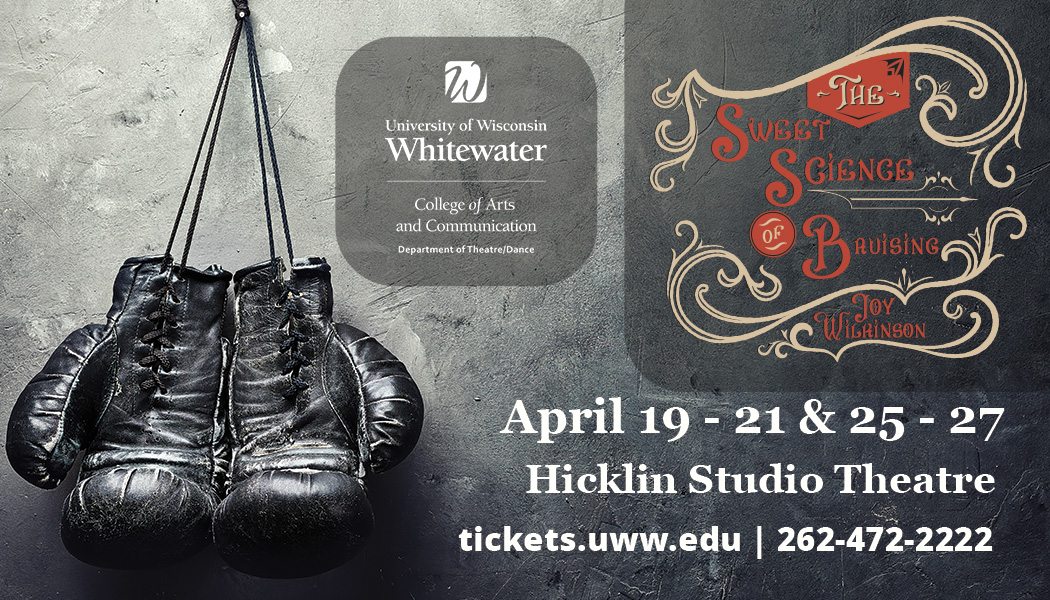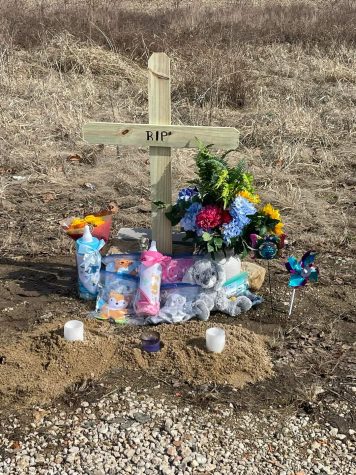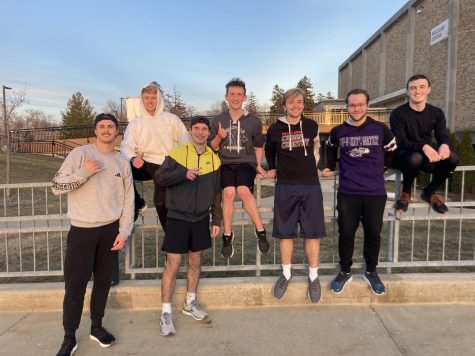STI testing made accessible on campus
December 14, 2016
In respect of World AIDS Day on Dec. 1, the University Health and Counseling Services (UHCS) located in the Ambrose Health Center, worked with many student organizations, such as IMPACT and BSU to have rapid HIV testing done in the University Center.
The AIDS Resource Center of Wisconsin (ARCW) helped UW-W provide this service for students at the University Center by doing rapid testing, in which they get their results immediately. However, testing for HIV and other sexually transmitted infections (STI) can be done at any time at the UHCS.
Wellness Coordinator, Valerie Vargas, spoke about gonorrhea and chlamydia, “as they are the two most common STIs among college students.” There are specific testing for those STIs at the UHCS.
Vargas wants students to know about the Family Planning Only Services (FPOS) at UHCS. This is reproductive health care for eligible students. Students who are eligible will receive annual exams, contraception, STI testing and treatment, emergency contraception, pregnancy testing and counseling.
“It is a great way for students to take care of their reproductive health without working through their parent’s insurance,” Vargas said.
Safe sex is important to follow, but if a student does come back positive for a STI there are counseling services offered at the UHCS to help cope. This is a source to provide mental health care to students.
“We’d, of course, simply want students to know that counseling services are free and confidential right her in the Ambrose Health Center,” said Matt Mallin, Co-Interim Executive Director of UHCS.
Mallin spoke about how counselors would work with students to help them adjust during that time. They would also inform students how to manage their anxiety, talking to other and potentially future partners about their status and connecting them with community resources or support groups.
Gwen Hering, Licensed Professional Counselor at the UHCS, addressed the stigmas of talking to counselors at the UHCS whether for STI counseling or any type of mental health counseling. She mentions a common stigma is a fear of being thought of as “crazy” or “weak.”
Hering believes students are understanding that mental health is just as important as physical health. She wants to remind students of the importance of scheduling appointments with counselors if it is needed, and to not only focus on physical health.
Hering agreed with Mallin in saying counselors will work with students to manage their anxiety with diagnosed with an STI. This can include the student and counselor meeting with a health provider together to discuss a diagnosis as a team.
“The priority will always be the student’s immediate self-care,” Hering said.
Hering elaborated on the community resources counselors would send students to.
“The AIDS Resource Center of Wisconsin is an invaluable resource for HIV-positive individuals,” Hering said.
ARCW is Wisconsin’s largest HIV medical center and they provide counseling services and receiving PrEP. PrEP is pre-exposure prophylaxis, which is for individuals at a high risk of contracting HIV. ARCW Locations near Whitewater are in Madison, Milwaukee and Kenosha.
There is a case manager, Melissa Bleiler, on staff at the UHCS as well. Per Hering, Bleiler can answer questions students may have about insurance policies and providing information about other agencies that provide services UHCS may not.
“We provide a safe and nonjudgmental environment and space for students to be in,” Hering said.
For more information contact UHCS by the web at uww.edu/uhcs, calling 262-473-1300 or emailing at [email protected].






















